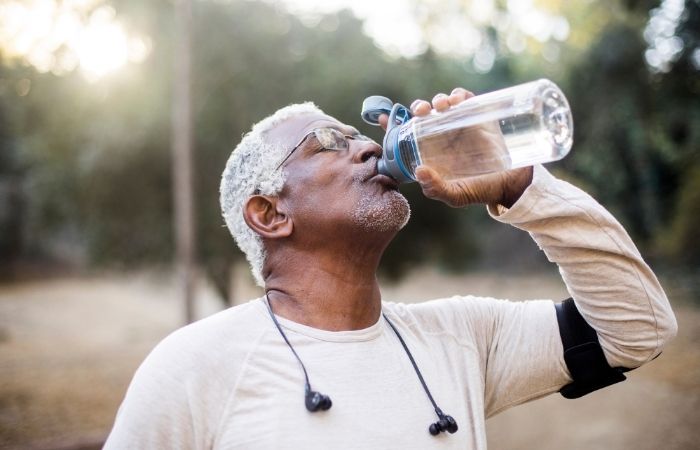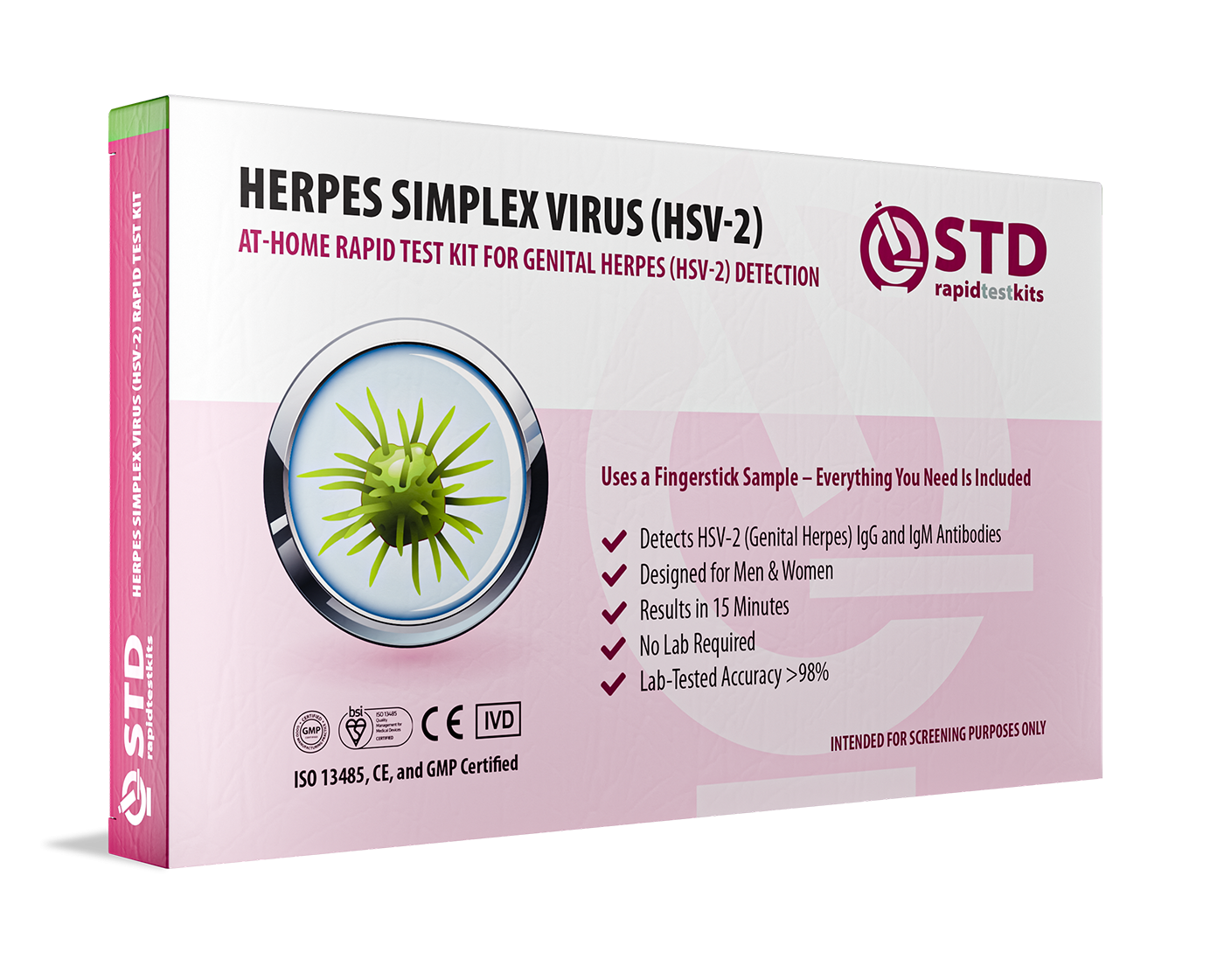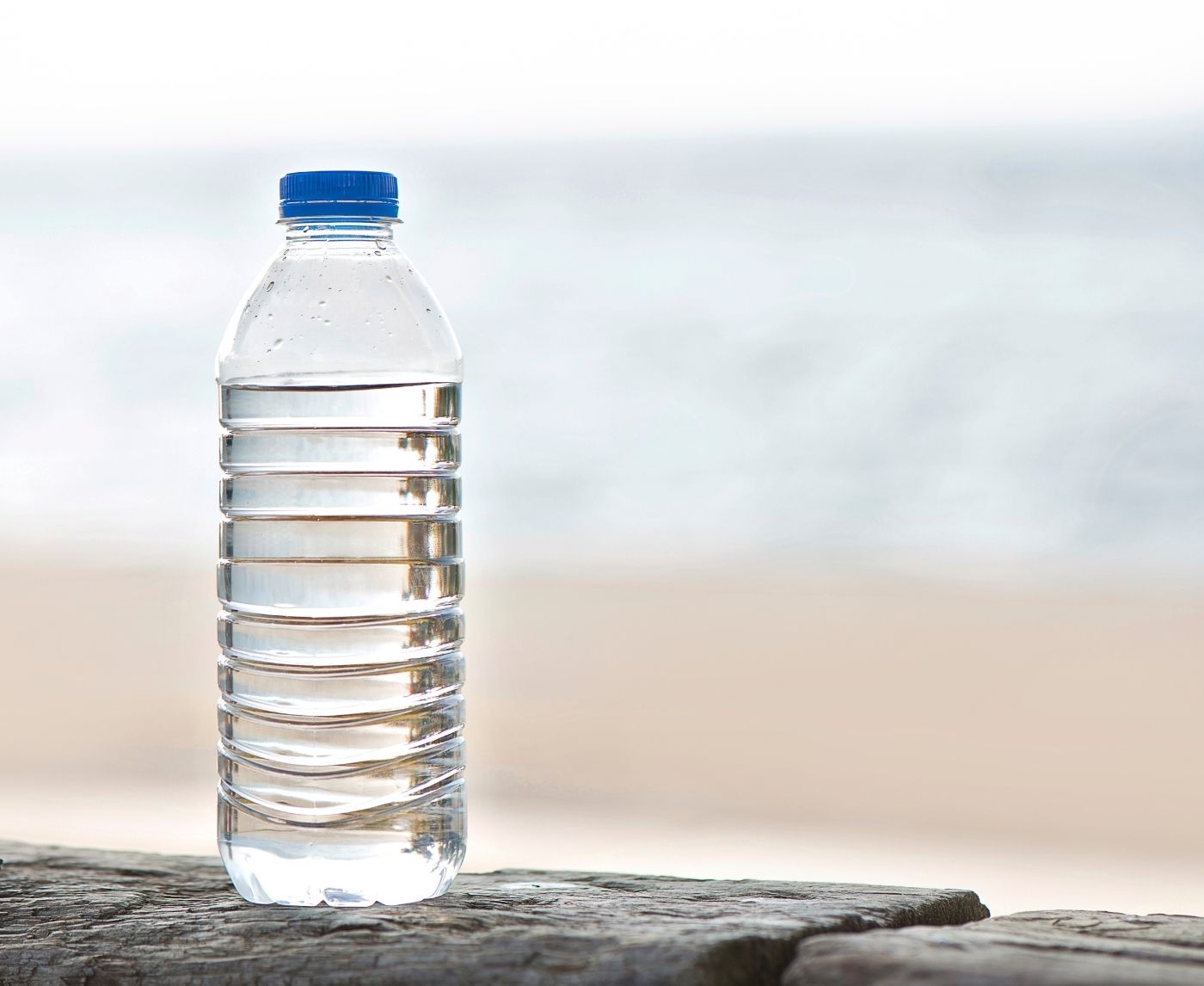Quick Answer: Herpes doesn’t survive long enough on a cup or bottle to infect someone. Transmission requires direct skin‑to‑skin contact with an infected area, usually via saliva or mucous membranes, not shared drinkware.
That Day at the Pool: A Question, Not a Diagnosis
Kai, 19, remembers the day vividly. He'd grabbed a bottle his cousin had taken a sip from, then seen a cold sore on their lip. He scrolled the internet in near‑panic at midnight: "Herpes from sharing a water bottle?" Every result felt terrifying. But by morning, after browsing CDC materials, he relaxed, because the risk simply wasn’t there.
Herpes viruses, especially HSV‑1, which causes cold sores, don’t thrive on surfaces. Experts say the virus is “easily inactivated at room temperature” and dries out fast, making transmission through cups or utensils extremely unlikely.
A shared cup might feel personal. But unless someone kissed it right before you and their virus was fresh and moist, what you’re touching is more water than worry. In truth, those panic‑search sessions at midnight rarely lead to infection; they more often lead to sleepless hours.

People are also asking: What Is Herpes?
How Herpes Actually Spreads
Herpes is an up‑close virus. It thrives on skin‑to‑skin moments, not on the rim of a bottle left on a picnic table. When people talk about “catching herpes,” they’re usually talking about HSV‑1 (oral herpes, often seen as cold sores) or HSV‑2 (genital herpes). Both rely on intimate contact to move from one body to another. That usually means kissing, oral sex, or direct skin‑to‑skin touch when the virus is active.
Scientists have studied how long herpes can survive on surfaces, and the answer is: not long enough to matter. A study published in the Journal of Clinical Virology found that herpes viruses are extremely sensitive to drying. Once saliva or fluid leaves the body and dries, the virus is no longer infectious. Another review in the Canadian Journal of Infectious Diseases notes that environmental transmission, like from cups or towels, is “extraordinarily uncommon to the point of negligible.”
Leah, 27, still remembers the time she shared a smoothie with a coworker who had a healing cold sore. “I Googled it a hundred times that night,” she said, laughing now. “I even swabbed my lip in the bathroom mirror, convinced something was tingling.” Nothing ever appeared. Weeks later, she learned from her doctor that unless she kissed the sore directly or had prolonged contact with fresh saliva, her risk was basically zero.
There is one exception that often fuels online panic: asymptomatic shedding. This is when the virus leaves the skin without visible sores. While this makes herpes transmissible during kissing or oral sex even without an outbreak, it doesn’t mean your coffee cup is dangerous. A virus needs moisture, warmth, and direct contact with a vulnerable entry point to make the leap. A dry straw or bottle in the summer heat just doesn’t check those boxes.
Understanding this difference is the first step toward easing the late‑night anxiety. Herpes is common; by some estimates, more than 50% of adults carry HSV‑1 worldwide. But it’s not hiding on every sip of your friend’s water. It’s a virus that moves through intimacy, not casual life.
When Worry Lingers, Testing Brings Peace
Even when the science says your risk is near zero, fear has a way of whispering louder than reason. Marcus, 31, learned that the hard way after a weekend camping trip with friends. One buddy had a visible cold sore, and they all passed around a gallon jug in the Mississippi heat. “I kept thinking, this is how it happens; I’m going to get herpes from a water jug,” Marcus said. He spent the next week scrutinizing his lips in the mirror, convinced that every itch was a sign.
When he finally visited an urgent care center, the nurse smiled gently. “Herpes doesn’t really spread like that,” she said, explaining that the virus needs living skin and direct contact to thrive. Marcus left reassured, but he also decided to order an at‑home herpes test kit just to quiet the last of his doubts. The kit arrived in a plain package. He followed the instructions, sent his sample off, and had his negative result within a week. “The second I knew for sure,” he said, “all the anxiety finally let go.”
This is the quiet benefit of testing. It’s not just about catching infections; it’s about taking back your peace of mind. Herpes carries heavy stigma, but the actual pathways of transmission are far less casual than people imagine. Kissing during an active cold sore outbreak is risky. Drinking after someone? Science says that moment of panic is usually just that, a moment, not an exposure.
Check Your STD Status in Minutes
Test at Home with RemediumOral Herpes Test Kit

 For Men & Women
For Men & Women Results in Minutes
Results in Minutes No Lab Needed
No Lab Needed Private & Discreet
Private & DiscreetOrder Now $33.99 $49.00
Protecting Yourself Without Losing Your Life to Fear
The most effective way to avoid herpes is simple: avoid direct contact with cold sores and practice safe sex for genital exposure. If a friend has a visible sore, let them keep their straw, but you don’t need to bleach every cup in your kitchen. Wash your hands, avoid kissing or oral contact with active sores, and talk openly with partners about outbreaks. These small, consistent actions make far more difference than panicking about a borrowed sip of water.
Sienna, 24, says she now keeps a clear boundary without the anxiety.
“If I see a cold sore, I skip the sip and just grab my own drink. But I don’t live in fear anymore,”
she shared. By understanding how herpes really spreads, she was able to let go of the midnight Googling and the shame that once came with it.
Knowledge is a shield, not a burden. And if doubt ever lingers, testing, either at a clinic or with an at‑home STD combo kit, is your fast track to clarity. Herpes is a lifelong virus for those who have it, but living in fear of every cup and straw is optional.
When Fear Outruns Facts: The Myths About Casual Herpes
Ask around, and you’ll hear a dozen myths that sound like urban legends. “You can get herpes from a public toilet seat.” “You’ll catch it from a straw at the bar.” “If someone with a cold sore touches your fork, it’s over.” These warnings echo in locker rooms, college dorms, and the comment sections of health forums. They’re sticky stories because they’re scary, and fear loves simplicity.
Danielle, 21, still remembers the day she refused to sip from her best friend’s soda at a movie theater. Her friend had a small, crusted cold sore. “I told her I wasn’t thirsty,” she admitted. “But really, I just didn’t want to risk it. Later, I felt awful because she noticed.” That’s the hidden cost of these myths: friendships awkwardly strained and normal moments clouded by unnecessary fear.
Science tells a much quieter story. Herpes simplex virus needs the right conditions to infect someone: a living host, moist tissue, and often a fresh sore or viral shedding on the surface of the skin. The virus is fragile outside the body. Researchers at PubMed note that HSV loses most of its infectivity once it dries, often within minutes on smooth surfaces. By the time a cup has been passed around the backyard barbecue, the risk has evaporated with the saliva.
Yet fear lingers because herpes carries more than a virus; it carries stigma. A cold sore on someone else’s lip feels like a flashing warning sign, even if it’s scientifically harmless to the cup they held an hour ago. The anxiety is real, even if the risk isn’t. And that’s where testing and honest conversations step in. They take the power back from fear and give it to facts.
Tariq, 34, tells his story with a chuckle now, though he admits he was spiraling at the time. He’d shared a thermos with a coworker on a construction site. That night, he noticed a tiny bump on his lip. He skipped dinner, imagining worst‑case scenarios. A clinic visit and a negative swab later, he walked out into the Mississippi sun shaking his head. “All that stress,” he said, “over a bug that couldn’t even live on a cup for an hour.”
People are also looking for: Can You Get Herpes in an Exclusive Relationship?
Living Smart, Not Scared: Everyday Herpes Prevention
Prevention doesn’t have to look like paranoia. It can look like small, calm choices woven into everyday life. Herpes is a virus that thrives on close contact, not on cups forgotten on the counter. Knowing that is the difference between living in constant fear and living in quiet confidence.
Maya, 26, grew up in a house where every cold sore was treated like a family emergency. Her mom would throw away cups, forks, and toothbrushes, convinced the virus could leap across porcelain and plastic.
“I grew up thinking it was like a ghost that could get you anywhere,”
she said. By the time Maya was in college, she realized the stress was heavier than the risk. A talk with her campus clinic changed everything: herpes isn’t hiding on every glass in the cafeteria. Avoid kissing or oral contact with active sores, wash your hands if you accidentally touch one, and your odds of transmission drop to almost zero.
Science backs her new calm. A review by the CDC emphasizes that casual objects like dishes, cups, and doorknobs don’t spread herpes. The virus simply doesn’t survive well in dry, cool environments. What does matter are the moments of intimacy: a kiss with a visible cold sore, oral sex during an outbreak, or skin‑to‑skin friction where the virus is active. Understanding this allows prevention to focus where it actually works, not where anxiety drifts in the dark.
Jordan, 30, had his wake‑up moment after a night at a crowded music festival.
“I drank from like five different people’s bottles and woke up the next day spiraling,”
he admitted. He almost canceled his date out of fear he might be contagious. Instead, he called his doctor and was told what the research already confirms: herpes needs living skin, not a dried‑up plastic lip, to survive. Since then, he’s adopted a prevention routine that’s realistic and stigma‑free: no kissing or oral play with active sores, open conversations with partners, and a quick hand wash if there’s any accidental contact. “It’s not fear anymore,” he says. “It’s just smart.”
Modern prevention also means embracing testing when you need clarity. Some people carry herpes without knowing it, and while most casual contact is harmless, the peace of mind that comes from a clear result can reset your entire relationship with the virus. An at‑home STD combo kit or herpes‑specific home test lets you take that step in private, on your own schedule, without the awkward waiting room or the late‑night Google spiral.
The truth is, living smart with herpes is like driving with a seatbelt. You don’t have to fear every car on the road, but you take simple steps to reduce your risk. Wash your hands after touching any sore. Skip kissing or oral sex when a cold sore is present. Talk openly with partners about outbreaks and testing. Then move on with your day. Fear shrinks when facts take its place.
Check Your STD Status in Minutes
Test at Home with RemediumGenital Herpes Test Kit

 For Men & Women
For Men & Women Results in Minutes
Results in Minutes No Lab Needed
No Lab Needed Private & Discreet
Private & DiscreetOrder Now $45.99 $49.00
FAQs
1. Is it possible to get herpes from sharing a water bottle?
It's very unlikely. Herpes viruses need to touch skin or mucous membranes directly. The virus dries up quickly on cups and bottles, so it can't spread anymore.
2. How long can herpes live outside of the body?
Not long. Research shows that HSV becomes inactive on dry surfaces in minutes to hours, making it almost impossible to spread from cups or straws.
3. How about sharing lip balm or kissing?
Sharing lip balm right after touching a sore or kissing during an active outbreak can spread HSV-1. But short, dry contact with things like bottles doesn't usually cause infection.
4. What does "asymptomatic shedding" mean?
When herpes is active on the skin but there are no visible sores, this is called asymptomatic shedding.
5. If someone has a cold sore, should I wash the cups and utensils we all use?
It's always a good idea to wash your hands with soap and water, but the risk of getting herpes from these things is very low.
6. How can I keep herpes from getting on me?
Don't kiss or have oral sex during outbreaks, wash your hands after touching a sore, and talk to your partners about getting tested and what to look for. These easy steps are more important than being afraid of cups or straws.
7. Do home tests for herpes work?
Yes. FDA-approved kits that you can use at home can find herpes antibodies with a lot of accuracy. They give people who are worried about being exposed peace of mind and privacy.
8. Do a lot of people have herpes?
Yes. About half of adults around the world have HSV-1 and 11% have HSV-2, often without knowing it.
9. Can herpes spread through bedding or towels?
It doesn't happen very often. The virus doesn't live long in dry places. The main way it spreads is through direct contact with skin.
10. When should I think about getting tested?
Testing can help you feel better if you've been in direct contact with a cold sore or are sexually active with new partners.
You Don’t Have to Live in Fear of Every Sip
Herpes is common. Stigma and fear are even more common. But science says that every sip from a shared water bottle is not a ticking time bomb. The virus needs intimacy to move, kissing, oral sex, or direct contact with an active sore. Cups and bottles are just bystanders in this story.
If worry has kept you up at night, you deserve clarity. Testing isn’t just about diagnosis, it’s about taking back your calm.
Sources
1. CDC – How Herpes Is Spread (including via saliva)
2. Healthline – Can You Get Herpes From Sharing a Drink?
3. Planned Parenthood – Can Herpes Be Spread Through Sharing Food or Drinks?
4. UC Davis Health – HSV Transmission: Avoid Sharing Personal Items
5. WHO – Herpes Simplex Virus Fact Sheet (saliva transmission risk)
6. Verywell Health – Infectious Diseases That Spread Through Saliva (includes cold sores)










